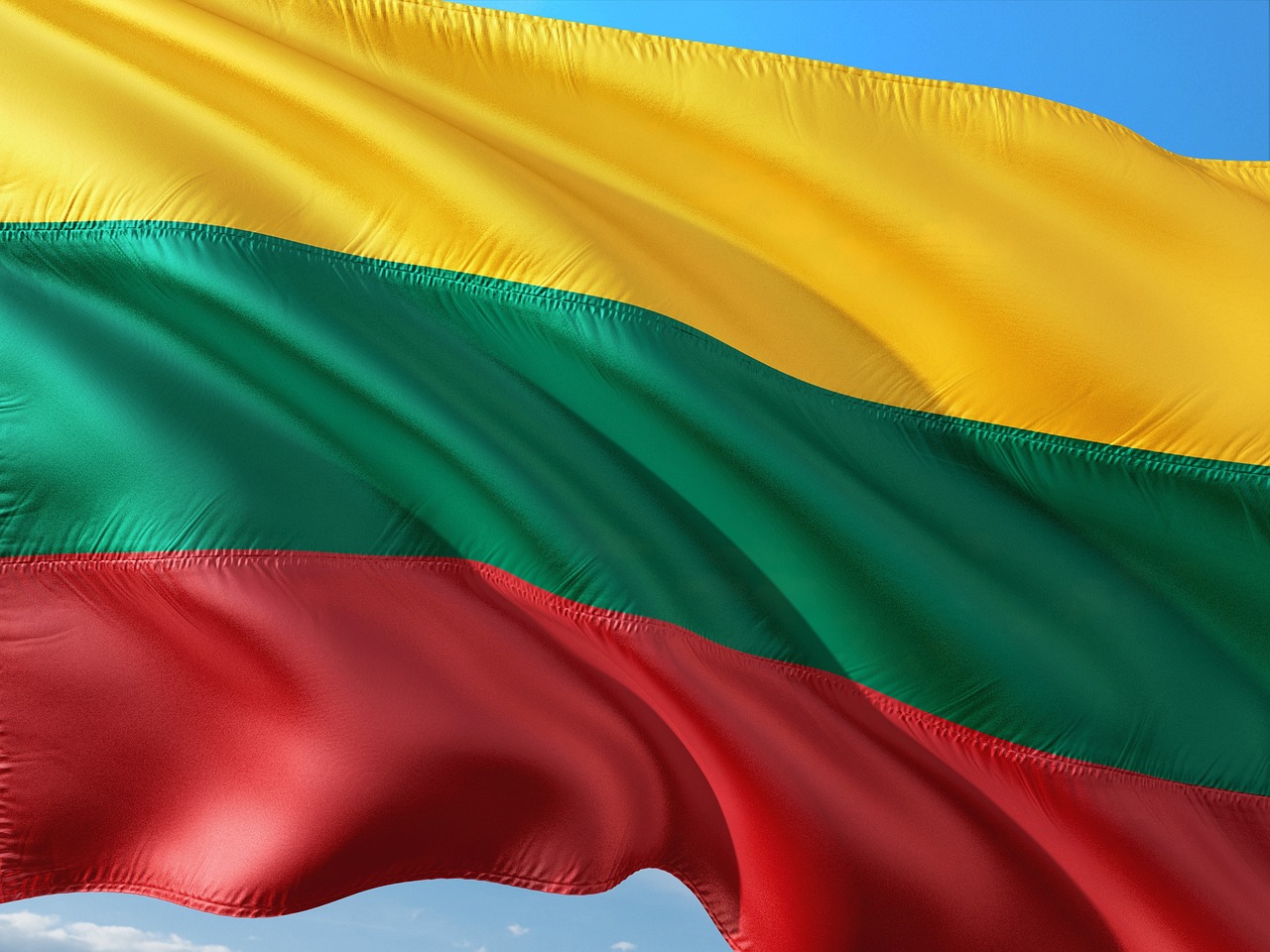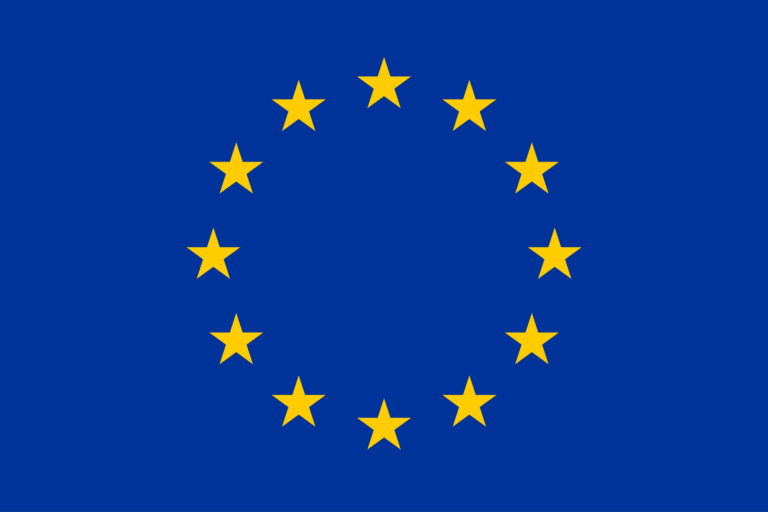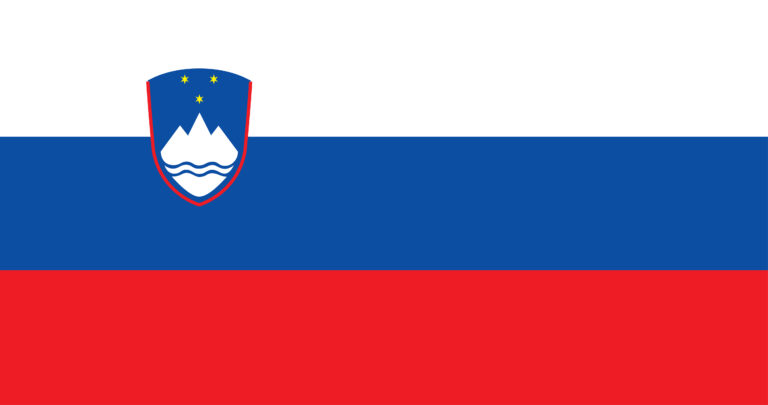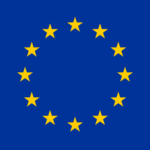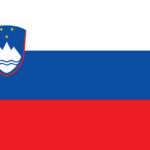Short introduction
Physiotherapy plays a critical role in modern healthcare, focusing on the restoration and enhancement of physical function and mobility. Across Europe, the profession has evolved into a highly specialized and evidence-based field, requiring rigorous education and practical training. Physiotherapy degree Lithuania address a wide range of conditions, from injury rehabilitation to chronic pain management, making them essential contributors to multidisciplinary healthcare teams.
Formal education is a cornerstone of becoming a licensed physiotherapist in Europe. Most countries require completion of a structured undergraduate program, typically lasting three to four years, followed by professional registration. These programs emphasize both theoretical knowledge, such as human anatomy and movement science, and extensive clinical training to ensure graduates are prepared for diverse healthcare environments.
Lithuania has emerged as a compelling destination for students pursuing physiotherapy education. Known for its well-established healthcare system and affordable education costs, Lithuania offers robust physiotherapy programs designed to meet European Union (EU) standards. The country’s emphasis on practical training, combined with a focus on evidence-based practices, makes it an attractive option for both local and international students seeking a comprehensive education in this field.
Physiotherapy Education in Lithuania
Physiotherapy education in Lithuania is structured to meet rigorous academic and professional standards, aligning with the European Union’s guidelines for healthcare training. Programs are typically four years in duration and require the completion of 240 ECTS credits. Graduates are awarded the degree of Bachelor of Health Science in Physiotherapy, which is recognized across the EU and many other countries, providing broad career and educational opportunities.
The curriculum is designed to balance theoretical knowledge with practical application. Core subjects include anatomy, physiology, biomechanics, rehabilitation science, and therapeutic techniques. These are complemented by courses focusing on patient assessment, evidence-based practice, and healthcare ethics. The integration of theory and practice ensures that students develop a comprehensive understanding of the field while cultivating hands-on skills essential for patient care.
Practical training is a cornerstone of physiotherapy education in Lithuania. Students are required to complete at least 1,600 hours of supervised internships in hospitals, rehabilitation centers, and outpatient clinics. These placements expose students to real-world clinical environments, enabling them to apply their knowledge, develop professional competencies, and gain experience with a diverse patient population.

Programs in Lithuania are offered in both Lithuanian and English, making them accessible to a broad range of students, including international candidates. English-taught programs are particularly appealing to non-native speakers who wish to pursue their studies in Europe.
Key Features of Physiotherapy Programs in Lithuania
The curriculum emphasizes core areas such as rehabilitation science, anatomy, physiology, kinesiology, and therapeutic techniques. Students engage in detailed case studies and problem-solving exercises to apply theoretical knowledge to clinical scenarios. The integration of theory with hands-on techniques allows students to develop practical skills in areas like manual therapy, exercise prescription, and patient assessment. Clinical rotations are an essential component of the learning process, exposing students to diverse patient conditions and healthcare settings.
Internships form a significant part of the training in Lithuania. Students are required to complete a minimum of 1,600 hours of practical experience in collaboration with hospitals, rehabilitation centers, and outpatient clinics. These placements provide students with exposure to real-world patient care, fostering their ability to work within multidisciplinary teams and develop critical decision-making skills.
Upon graduation, students must register with the Lithuanian Association of Physiotherapists to practice professionally. This certification process verifies that they meet the standards required to work in Lithuania and across the European Union. The recognition of Lithuanian physiotherapy degrees within the EU facilitates career mobility, allowing professionals to seek opportunities in various member countries.
Career Opportunities for Physiotherapy Graduates
Graduates of physiotherapy programs in Lithuania are well-positioned to pursue diverse career opportunities both locally and internationally. Physiotherapists are in high demand across Europe, with roles available in hospitals, rehabilitation centers, outpatient clinics, private practices, and sports facilities. Their expertise is sought in areas such as injury rehabilitation, chronic pain management, and improving mobility for patients with neurological or musculoskeletal conditions.

Lithuanian-trained physiotherapists benefit from a robust education that aligns with European Union standards, enabling them to practice in other EU member states without additional certification requirements. This professional mobility is a significant advantage for those seeking international career opportunities.
In addition to clinical roles, physiotherapists can specialize in areas such as sports physiotherapy, pediatric rehabilitation, or geriatric care. These specializations often require further training and certification but allow professionals to tailor their careers to specific patient populations or healthcare needs. Graduates may also explore opportunities in research, education, or healthcare administration, contributing to the advancement of the field.
Continuing Education and Professional Development
For those seeking advanced qualifications, options for postgraduate studies are readily available. Master’s and doctoral programs in rehabilitation sciences or related fields allow physiotherapists to deepen their expertise and contribute to clinical research. These advanced degrees are particularly valuable for professionals aiming to specialize or transition into academic or leadership roles within the healthcare sector.
International conferences, seminars, and online courses also offer avenues for professional growth. Participation in such events enables physiotherapists to network with peers, exchange knowledge, and stay informed about emerging trends and innovations.
Admission Requirements for Physiotherapy Degrees in Lithuania
Admission to physiotherapy programs in Lithuania typically requires a high school diploma or its equivalent, with a strong emphasis on science subjects such as biology, chemistry, and physics. These subjects form the foundation for the intensive study of human anatomy, physiology, and rehabilitation sciences in the program. Applicants must demonstrate a solid academic background to meet the demands of the curriculum.
For non-EU students, additional entry requirements may include language proficiency tests, usually in English, to ensure they can fully engage with English-taught courses. In some cases, universities may also require entrance exams or interviews to assess the applicant’s aptitude and motivation for the program. These assessments help determine the candidate’s readiness for the academic rigor and practical demands of the physiotherapy profession.
Each institution may have slightly different criteria, so prospective students should check specific program requirements before applying. Additionally, it is important to meet any additional documentation requirements, such as proof of high school qualifications or standardized test scores, for non-EU applicants.
Practical Insights for International Students
For both EU and non-EU students, the application process for physiotherapy programs in Lithuania is straightforward but requires careful planning. Students can typically apply through the universities’ online portals, submitting their academic transcripts, language proficiency results, and any additional documentation required. EU students benefit from fewer administrative hurdles due to the shared EU educational framework, while non-EU students may need to provide additional information, such as visa documentation and financial proof.

International students should pay particular attention to the availability of English-taught programs. Although some Lithuanian universities offer physiotherapy courses in both Lithuanian and English, it is crucial to ensure that the chosen program is delivered in the language that suits the applicant’s proficiency.
Lithuanian universities typically offer extensive support services for international students, including assistance with housing, visa applications, and cultural integration. These services are designed to help students adjust to life in Lithuania, providing resources for everything from finding accommodation to understanding local customs. Additionally, many institutions offer language courses to help students improve their Lithuanian skills, which can enhance both their academic experience and social integration.

